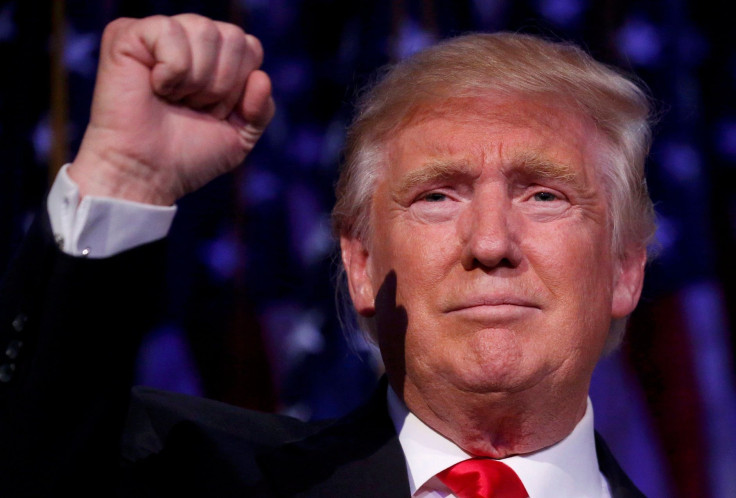Arguments presented to federal appeals court for Trump’s travel ban

The 9th US Circuit Court of Appeals has heard arguments regarding US President Donald Trump’s new executive order on immigration. The first to make their case are lawyers for the US Justice Department, urging the judges to reinstate the order. The department claims that the president has the authorisation from Congress to control borders.
The DOJ has cited Trump’s broad authority on immigration issues as a reason his government will likely have the odds in their favour. On the other side of the argument are the states that present proof that the travel ban breaches the rights of due process and discriminates on the basis of religion.
Washington State took a stand against the Trump executive order on immigration. The state’s stand was supported by more than a dozen friends-of-the-court briefs from at least 17 state attorney generals, about a dozen labour and civil rights groups and more than 100 companies.
Some of these companies include Apple, Google and Microsoft. The top technology companies argue that the ban “inflicts significant harm on American business, innovation, and growth.”
New York Democratic Attorney General Eric Schneiderman described the president’s executive order on immigration as “unconstitutional, unlawful, and fundamentally un-American.” “We won't stand by while it undermines our states' families, economies, and institutions,” he said.
The DOJ opposed with a 15-page brief issued on Monday. The document states that the executive order was a “lawful exercise of the president's authority” and not a Muslim ban.
Judge James L Robart has temporarily blocked the travel ban last week. Citizens of the seven countries -- Iran, Iraq, Libya, Somalia, Sudan, Syria and Yemen -- can now enter the United States again as long as they have valid visas.
The executive order on travel ban titled “Protecting the Nation from Foreign Terrorist Entry to the United States” was issued by Trump on Jan. 27. It denies entry into the United States to refugees and immigrants from seven Muslim-majority countries.
Its text indicates that the order seeks to “protect the United States from foreign nationals entering from countries compromised by terrorism.” But the travel ban had a number of opponents since it was released, including Trump’s predecessor, former president Barack Obama.
Three federal judges will decide on the fate of the travel ban. They are William Canby Jr, Richard Clifton and Michelle T Friedland. Per the Wall Street Journal, Canby was appointed by Jimmy Carter, Clifton by George W Bush and Friedland by Obama.






